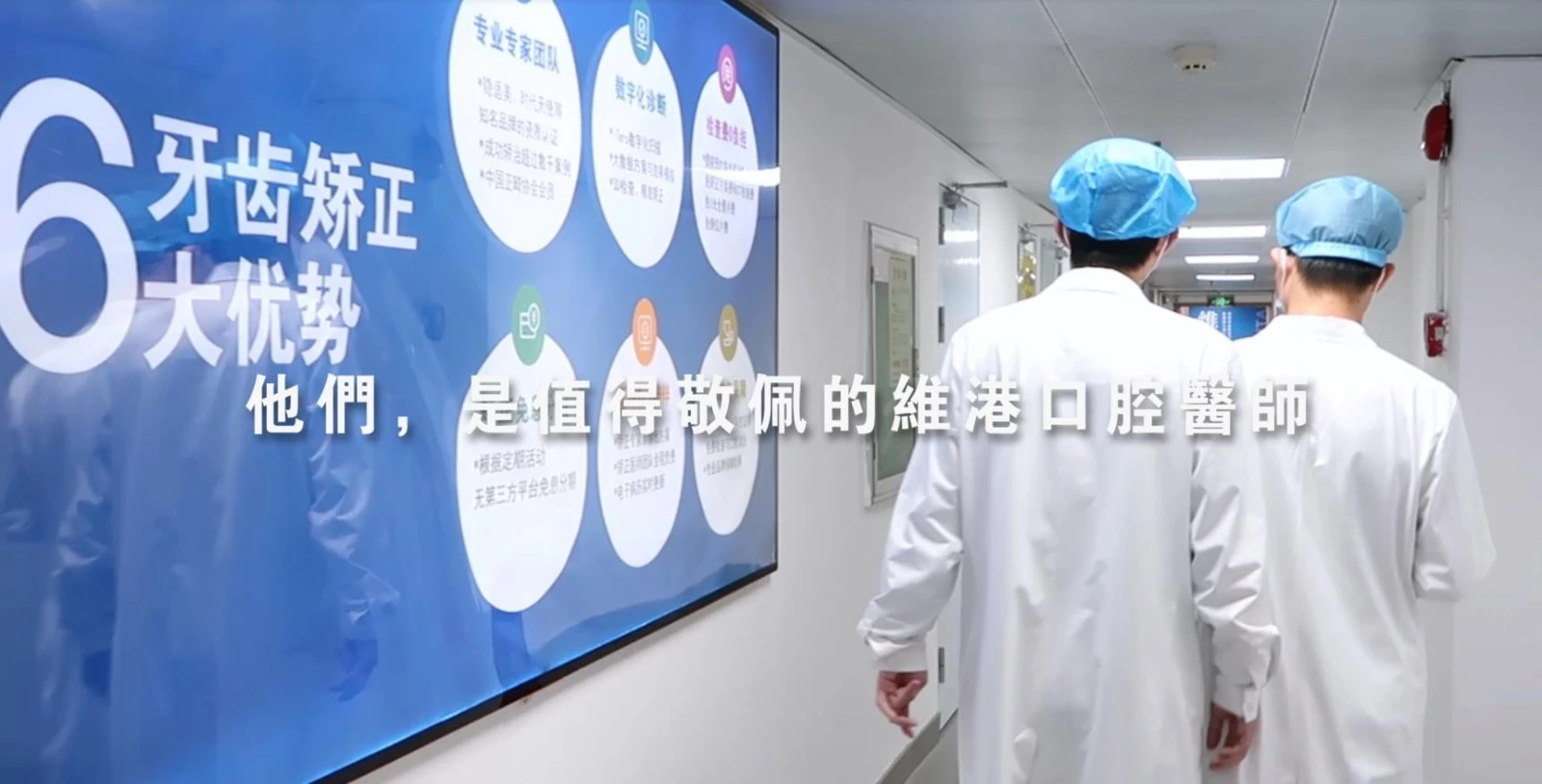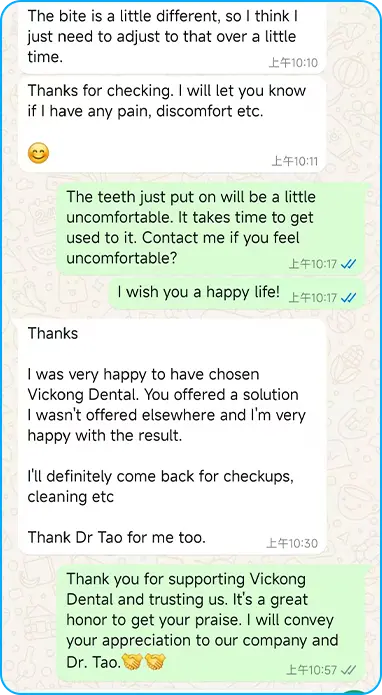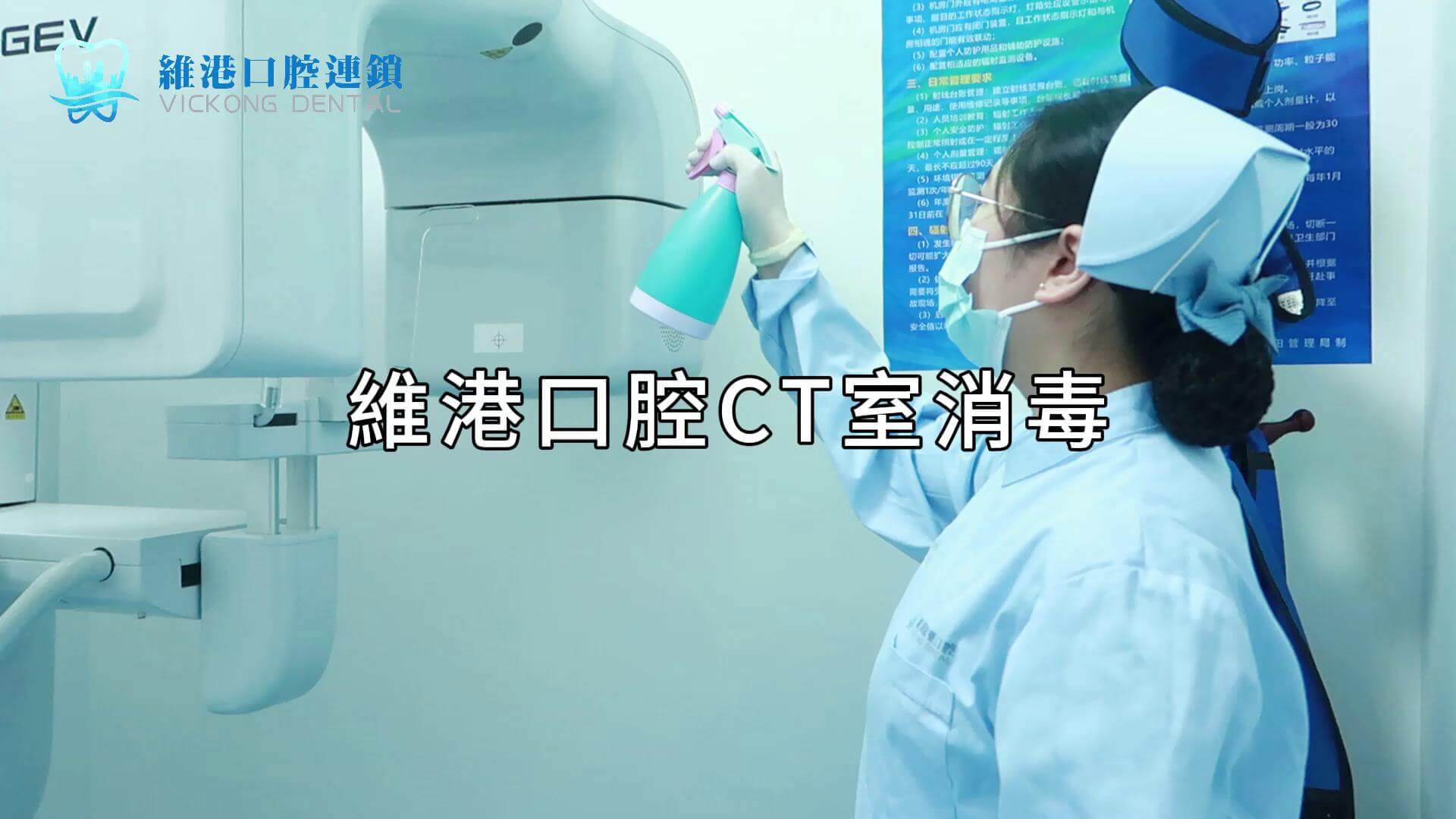**Why Do Some People Need Bone Grafting When Getting Dental Implants in Mainland China?**
In recent years, many Hong Kong residents have opted to travel to Mainland China for dental treatments, particularly for dental implants. Besides believing in the advanced techniques available, they often encounter a procedure known as "bone grafting." However, those unfamiliar with dental implants might wonder why some individuals require this additional step. Bone grafting isnt necessary for everyone; it depends on the condition of the jawbone.
The core concept of dental implants involves inserting an artificial root into the jawbone and attaching a crown on top, which provides stability and longevity. However, if the jawbone is too thin or too low, the artificial root may not be stable, potentially affecting the success rate of the entire implant procedure. This is where bone grafting becomes essential — it aims to increase the volume and density of the jawbone to ensure theres enough support for the implant.
But why might the jawbone be insufficient? Several factors can lead to bone loss, such as previous tooth extractions due to cavities, periodontal disease, or accidents, which left the jawbone without stimulation for a long time, causing it to shrink gradually. Additionally, those suffering from periodontal disease often experience erosion of the jawbone, leading to decreased density. Moreover, individuals who have not maintained good oral hygiene in their youth and have imbalanced bites might experience faster bone loss in certain areas.
Bone grafting can use various materials, including synthetic options, animal-derived products, or bone from other parts of the patients body. Doctors choose the most suitable method based on the patients situation and medical judgment. Typically, bone grafting is performed alongside the implant surgery, or it can be done first, allowing the bone to stabilize before the implant. Whether the procedures are combined or separate depends on the extent of bone deficiency and the doct

ors assessment.
Many choose to get dental implants with bone grafting in Mainland China because friends have vouched for the quality of the procedure and the smooth process. Regardless of where the treatment is done, its crucial to pay attention to the clinics professional credentials, the dentists experience, and the safety of the equipment. Patients should also follow post-operative care instructions diligently, such as avoiding overly hard or hot foods and maintaining oral hygiene, to ensure the bone grows steadily and provides a firm foundation for the futuro-implanted artificial root.
Some may worry about the pain associated with bone grafting, but the surgery generally involves local anesthesia or sedation, making it manageable for most patients. The recovery period may involve some swelling or mild discomfort, but these typically improve within a few days if post-operative care guidelines are followed. Its crucial not to chew hard objects recklessly and to attend regular follow-up appointments.
Its worth noting that bone grafting isnt an “extra add-on” for profit but a crucial condition for successful dental implants. If the jawbones condition is less than ideal and implants are forced, the artificial root can easily become loose or even fail, requiring more significant corrective procedures later. Therefore, if a mainland dentist recommends bone grafting after an examination, its important to ask about the rationale and expected outcomes to be prepared.
In summary, bone grafting is an essential step to ensure the stability and longevity of dental implants, though not everyone needs it. For those with inadequate jawbone, its the key to implant success. Before heading to Mainland China for implants, its best to undergo a thorough examination to understand the condition of your jawbone, thoughtfully consider the treatment plan, and choose a reputable clinic. Doing so will allow you to proceed confidently with your dental implants or bone grafting, ensuring a perfect smile and optimal oral health.

























